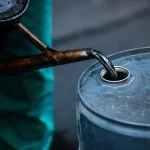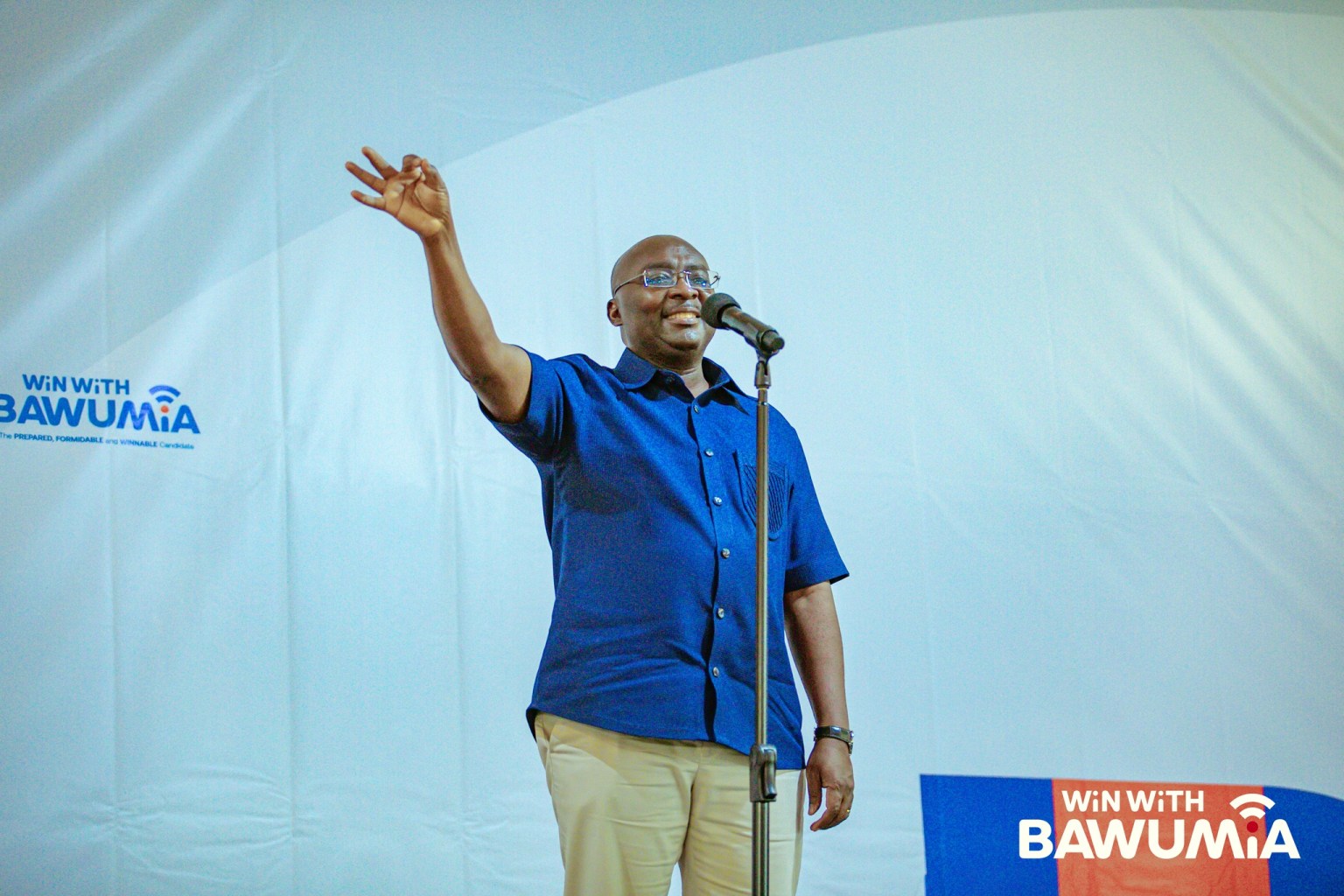It has emerged that a witness of the Attorney General, Dr. Yaw Adu-Ampomah was deeply involved in over US$268 million fertilizer deals through single-source for the 2011/12 cocoa season.
That notwithstanding, the yield for that cocoa season rather dipped.
In a bid to meet its own target of one million metric tonnes, COCOBOD applied and got approval from the Public Procurement Authority to single source the purchase of fertilizers from three companies in three tranches – February, June and November – in 2011 at the tune of US$264,495,688.53.
In November, the same year, COCOBOD again secured approval for additional US$3,551,301.50 worth of fertilizer single sourced from a different company bringing the total expenses made on fertilisers for 2011 meant for the 2011/12 cocoa season to US$268,046, 990.03.
Even after sinking the whopping amount into cocoa production, COCOBOD missed its target. It was able to achieve a paltry 879,343 tonnes for the 2011/12 season, prosecution witness Dr. Adu-Ampomah admitted to these figures during cross-examining on Tuesday.
The companies involved were Chemico Ghana Limited, which supplied US$87,916,000.00 worth of Cocofeed Granular fertiliser; Sidalco Ghana Limited, which supplied US$89,993,335.62 worth of Foliar Sidalco K-Rich and Foliar Sidalco Balanced fertilisers; Wienco Ghana Limited, which supplied US$86,586,352.91 worth of Asaase Wura Granular fertilizer; and Yara Limited supplied US$3,551,301.50 worth of Nitrabor fertiliser.
The revelation is coming at the back of the prosecution witness’ evidence in chief where he categorically stated that the practice at COCOBOD was that fertilisers are only purchased through competitive tender where the products are advertised in the dailies. It has however turned out in court that his claim was not true.
Ironically, Dr. Adu-Ampomah is testifying against former COCOBOD chief executive Dr. Stephen Opuni and businessman Seidu Agongo who are standing trial at the Accra High Court, where Dr. Opuni among other charges has been accused of engaging in single source during his term in office between November 2013 and January 2017.
Interestingly, counsel for Dr. Opuni, who is the first accused, Samuel Cudjoe has been able to produce copious documents from COCOBOD contradicting the claims of the witness, getting Dr. Adu-Ampomah to go back on his words to virtually doused the charges of sole source leveled against the accused.
In the previous sitting, Dr. Adu-Ampomah is on record admitting that he personally wrote letters to PPA and secured approval to single source the purchase of these fertilizers in question. He also conceded being copied in several correspondences with PPA and requests granted to single source fertilisers during his first term at COCOBOD as Deputy Chief Executive in charge of Agronomy and Quality Control.
Interestingly, cocoa production further went down to 835, 466 metric tonnes for the 2012/13 from 879,343 tonnes recorded in the previous year although substantial quantity of fertilisers were used in these seasons.
There was a near drama in court when Dr. Adu-Ampomah who is currently a special advisor to the agric minister suggested to the court that the decline in yield was as a result of tired cocoa trees.
He explained that because in the 2010/11 cocoa season production was high, it was expected that yield will dip in the subsequent years.
The witness was however confronted with evidence of yield shooting up to 896,221 metric tonnes in the 2013/14 cocoa season during Dr. Opuni’s first year in office as COCOBOD Chief Executive.
Read excerpts of the proceedings below
Q: Having occupied positions at cocoabod, you are aware of the factors that affects cocoa yield.
Ans: Yes my lord.
Q: give us some of the factors.
Ans: If chemicals are not applied at the appropriate time; if the rainfall is slow; if the drought is severe; If disease incidents is high and not control at the appropriate time; if pest incidents are also high and not controlled well; and poor agronomic practices are all factors that can affect yield.
Q: You have mentioned more than 5 factors that affects cocoa yield and as an expect, you will agree with me that not a single fact can be associated to crop yield.
Ans: Yes my lord. All of them work together and so if one is ignored, it can affect yield.
Q: So you will agree with me that the fact that you have purchased enough fertilizer and applied them without the contribution of the other factors will affect yield.
Ans: My lord, if the fertilizer is compromised, it will affect yield.
Q: If you have good fertilizer but uneven rain distribution, it can affect yield.
And: Yes my lord.
Q: In fact if the fertilizer is good with good rainfall but if there is pest incidents, it can also affect yield.
Ans: yes my Lord. There are several other factors
Q: Dr, being an expect, you may know the total production of cocoa in Ghana at least from since you worked at cocoa board as deputy CEO A and QC.
Ans: yes my Lord
Q: You will agree with me that though cocobod purchased a lot of fertilizer in 2011/2012 season there was a shortage of over 140 thousand metric tonnes.
Ans: Yes, my Lord. As I said if a cocoa gets a high yield in a particular year and if care is not taken it will reduce the following year. We foresaw it and that is why we increased fertilizer procurement.
Q: The question is, in spite of purchasing more fertilizer in 2011, there was a shortage the next season from 1million metric tonnes to 800 plus metric tonnes.
Ans: Yes, but that is why I said if the cocoa trees are not given enough fertilizer, production can fall
Q: Dr, in 2012 /2013 seasons, in spite of fertilizers purchased, the total production again
Ans: Yes, as I said if a cocoa tree gives you such unprecedented yield in 2010 it can reduce
Q: Dr, you can’t attribute the fall to only one factor.
Ans: Yes, my lord but it was the major factor
Q: You know that in the first year of Dr Stephen Opuni, cocoa production went up to 896,221 tones in spite of the fact that less fertilizers were purchased as compared to 2011/12 season.
Ans: My lord know, the credit will go for the previous crop season.
Q: So Dr, with that analogy, if you are right, then the 2016/17 yield of 969, 511 metric tonnes should be attributed to the application of 2015/16 cocoa season [which included the use of contentious Lithovit Liquid Fertilizer].
Ans: Yes my Lord
Q: You also know the weather is still a factor.
Ans: Yes my lord
Q: Dr Adu Ampomah, being conversant with rain you will be aware of the world wide el nino.
Ans: Yes my Lord
Q: It is an extreme and unusual weather pattern.
Ans: Yes my Lord
Q: in fact, you are aware that it is sub-characteristics of prolonged try weather.
Ans: yes my Lord
Q: In 2014, the el nino weather was experienced in Ghana and affected agriculture in general.
Ans: My lord, I wouldn’t know.
Q: In fact, this el nino weather adversely affected cocoa production in Ghana.
Ans: My lord, that is debatable.
Q: You informed this court that after you retired from Cocobod in 2013, you were still involved with the cocoa industry.
Ans: Yes my Lord
Q: In fact there was general information in the cocoa industry and Ghana cocoa industry that this phenomenon affected cocoa yield.
Ans: Yes it can affect
Q: If indeed you were with cocoa Abrabo pa which deals with livelihood of cocoa farmers, you would know this.
Ans: My lord this is a weather situation that affects the west coast of Africa and eastern coast of Latin America. It can affect yield sometimes.
Judge: lets end here for today.
Sam kudjoe: My Lord, I had wanted to get here on a good note but you made it seem I was delaying.
Sitting was adjourned to June 12, 2019 for cross-examination to continue
















